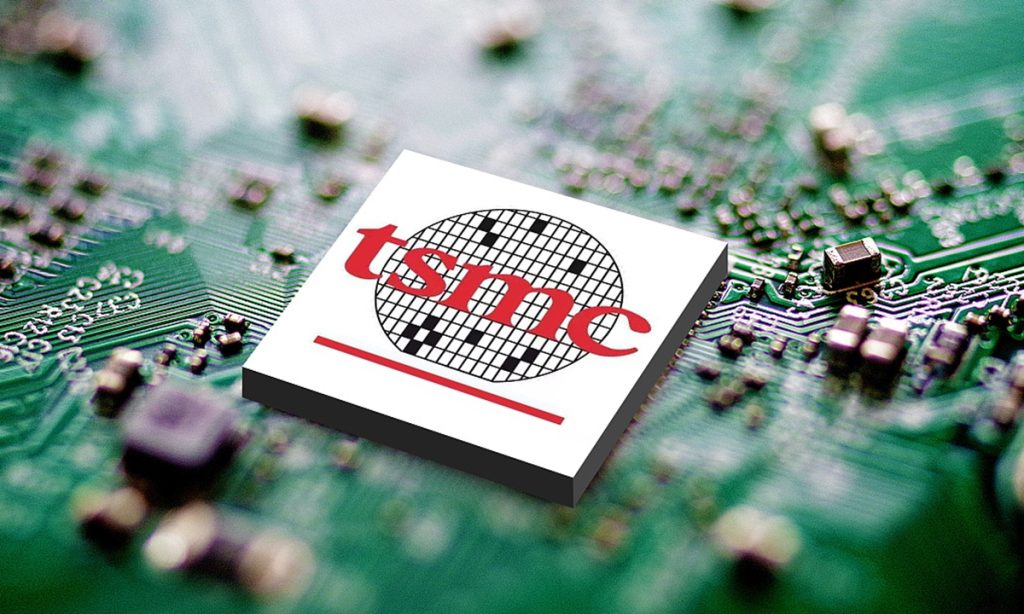Chinese mainland official slams DPP for jeopardizing Taiwan's chip industry

Chen Binhua, a spokesperson for the Taiwan Affairs Office of the State Council, on Wednesday criticized the Democratic Progressive Party (DPP) authorities in Taiwan for jeopardizing the island's chip industry by catering to external forces. It comes amid growing concerns on the island about the future of the critical industry.
At a press briefing, Chen was asked to comment on a recent article about how the US' so-called CHIPS Act could hurt Taiwan's chip industry.
Chen pointed out that the article reflects serious concerns about the DPP authorities catering to external forces without any principle or bottom line, as well as concerns that Taiwan's key industries are being hollowed out, that core enterprises have been suppressed, and competitive advantages have been weakened.
"If Taiwan's economic autonomy in industrial development and its sway in the global production and supply chain are lost, how much 'family fortune' will it still have? In the end, it will only become an 'abandoned piece' instead of a 'chess piece,'" Chen said. "So the views of these industry experts are by no means alarmist."
The article was published jointly on February 26 by three leading figures in Taiwan's chip industry, cautioning that the US "CHIPS Act" could undermine Taiwan Semiconductor Manufacturing Co (TSMC) and strangle the island's semiconductor industry.
In the article, "How America's CHIPS Act hurts Taiwan," Burn Lin, former R&D vice president of TSMC, pointed out that "the US CHIPS Act is so poorly designed that it is likely to undercut Taiwan's TSMC, the world's leading semiconductor manufacturer, and leave the entire industry even more vulnerable than it already is."
The article, which was published by Project Syndicate, was also signed by many other experts from Taiwan and has sparked heated discussion in political and business circles in the island, with some pointing out that the DPP authorities are using semiconductor manufacturers like TSMC as a bargaining chip by forcing them to build factories abroad in order to attract external forces to "support Taiwan."
The so-called CHIPS and Science Act, which was approved by the administration of President Joe Biden on August 9, 2022, plans to hand out $52 billion in subsidies to lure semiconductor manufacturers to relocate to the US, with the aim of maintaining and advancing its scientific and technological edge.
Taiwan's semiconductor industry has become a key target for US officials and TSMC has been effectively coerced to step up building plants in the US.
Chinese officials have repeatedly slammed the protectionist US moves and crackdown measures in the chip industry, saying that US export controls and suppression of Chinese semiconductor companies are acts of economic bullying.